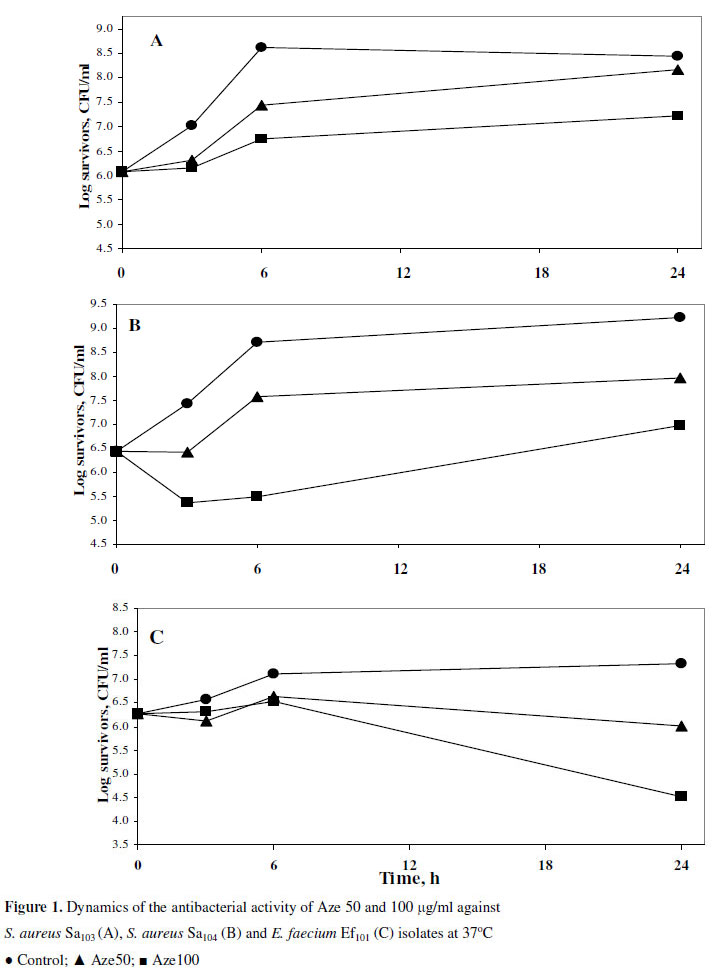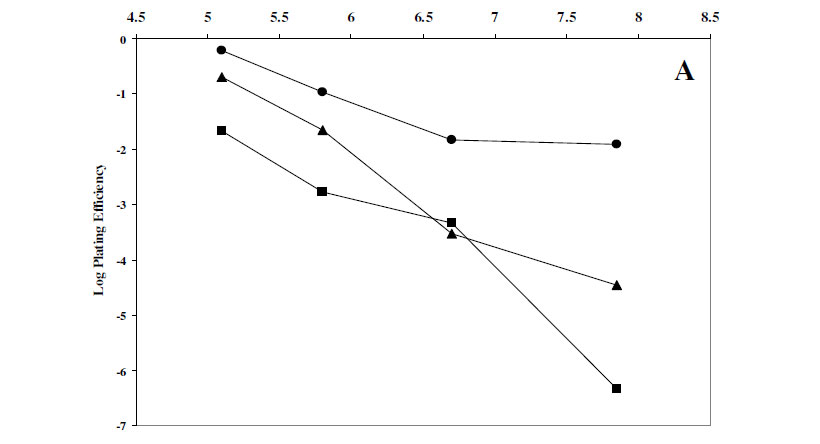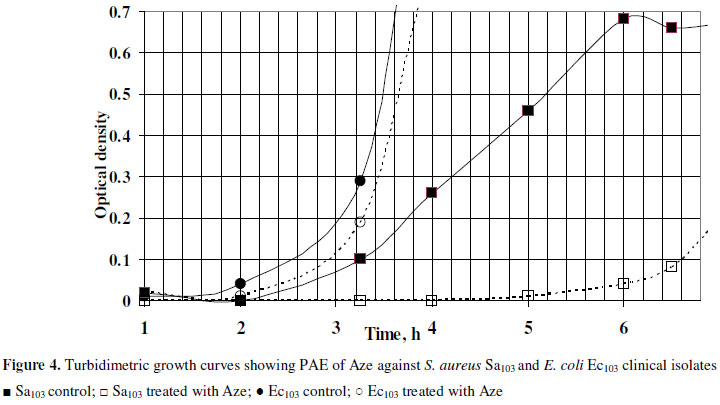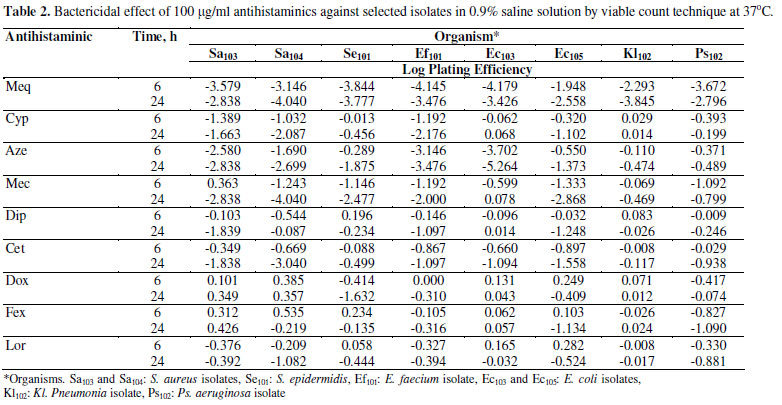Antihistaminics are widely used for various indications during microbial infection. Hence, this paper investigates the antimicrobial activities of 10 antihistaminics belonging to both old and new generations using multiresistant Gram-positive and Gram-negative clinical isolates. The bacteriostatic activity of antihistaminics was investigated by determining their MIC both by broth and agar dilution techniques against 29 bacterial strains. Azelastine, cyproheptadine, mequitazine and promethazine were the most active among the tested drugs. Diphenhydramine and cetirizine possessed weaker activity whereas doxylamine, fexofenadine and loratadine were inactive even at the highest tested concentration (1 mg/ml). The MIC of meclozine could not be determined as it precipitated with the used culture media. The MBC values of antihistaminics were almost identical to the corresponding MIC values. The bactericidal activity of antihistaminics was also studied by the viable count technique in sterile saline solution. Evident killing effects were exerted by mequitazine, meclozine, azelastine and cyproheptadine. Moreover, the dynamics of bactericidal activity of azelastine were studied by the viable count technique in nutrient broth. This activity was found to be concentration-dependant. This effect was reduced on increasing the inoculum size while it was increased on raising the pH. The post-antimicrobial effect of 100 fg/ml azelastine was also determined and reached up to 3.36 h.
Antihistaminics; bactericidal activity; bacteriostatic activity; Gram-negative isolates; Gram-positive isolates








